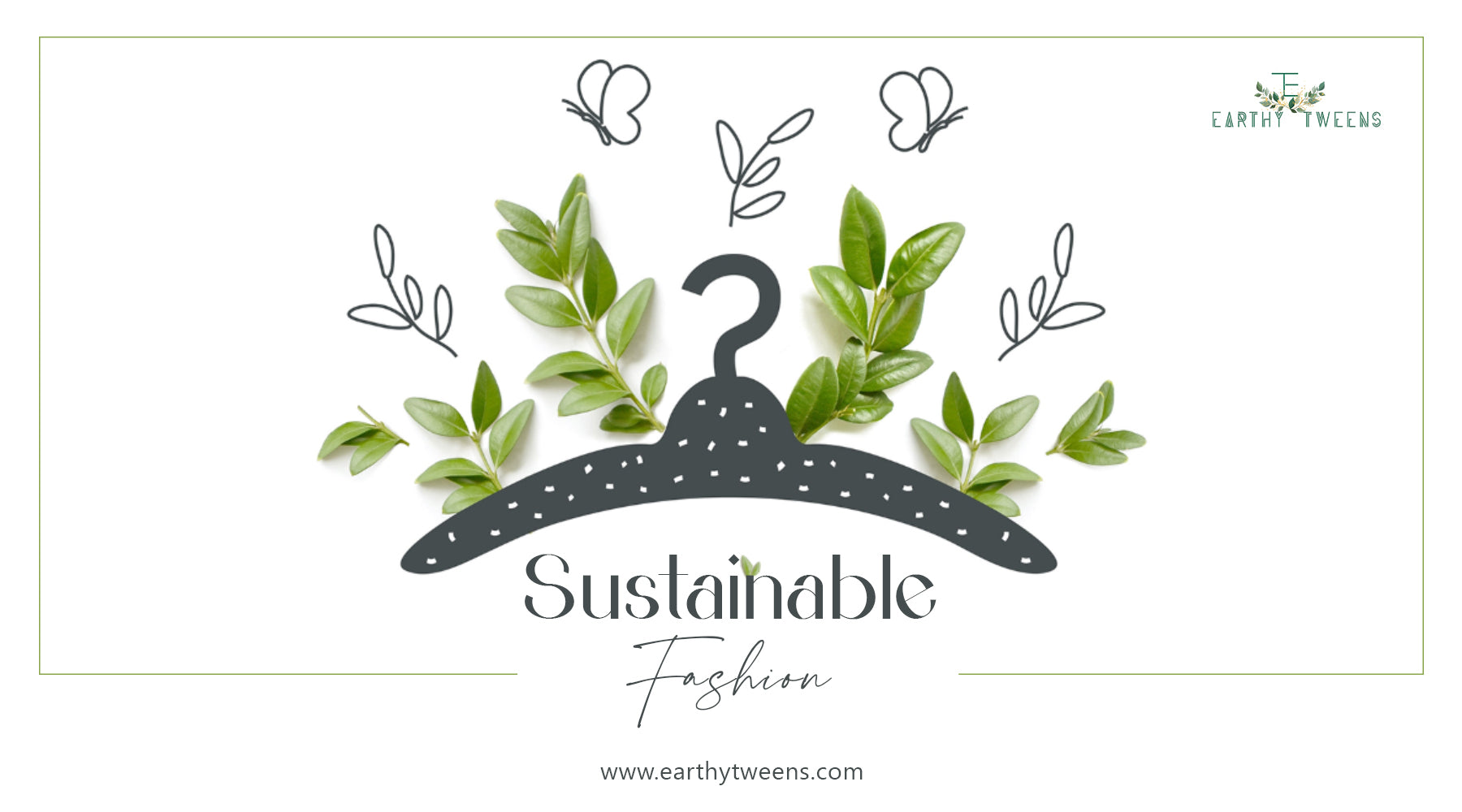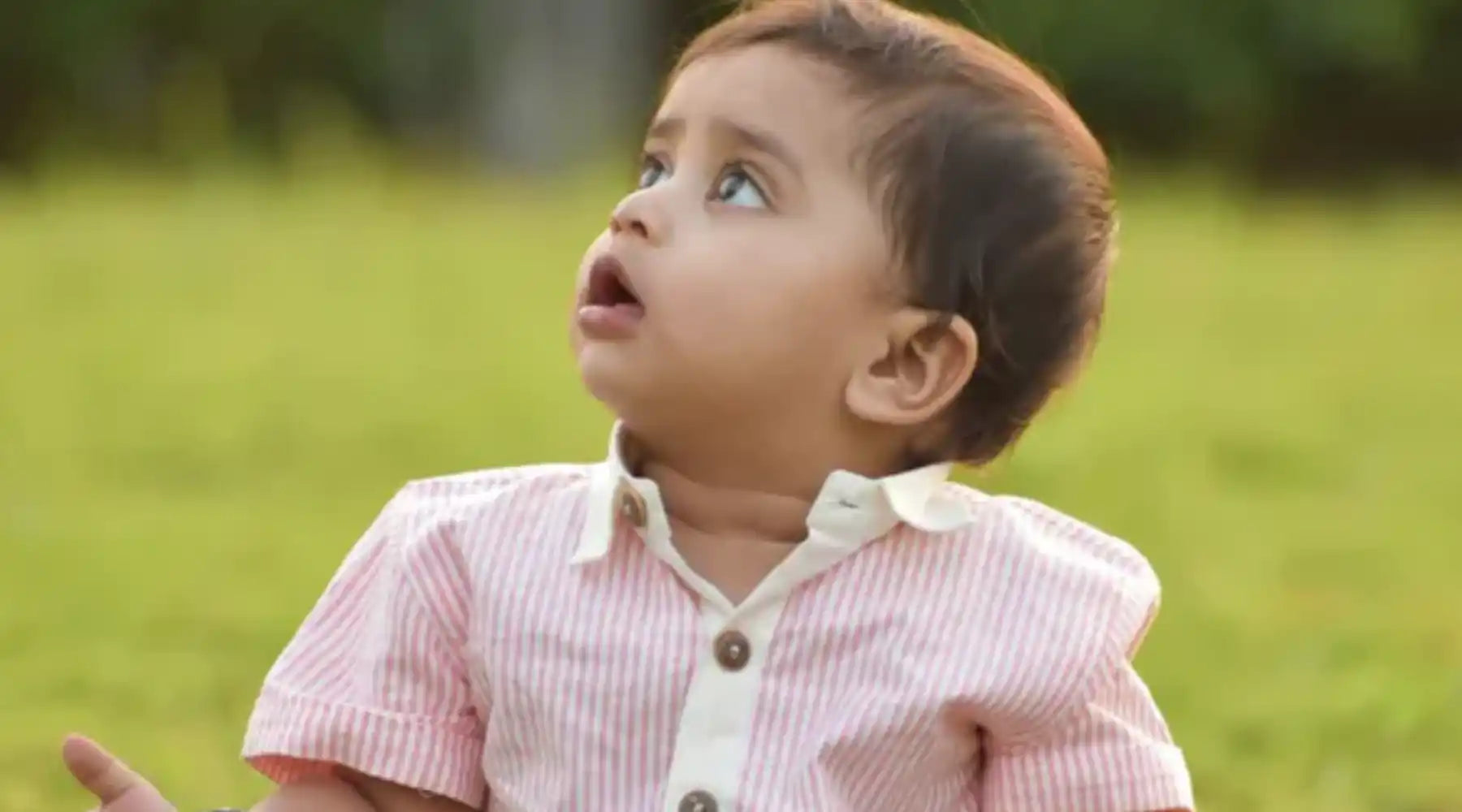Aren't baby clothes incredibly soft and adorable? Well, no one can resist the cuteness of these little outfits. Babies must wear clothes that prioritize comfort and softness, enabling them to move effortlessly. Every parent desires to make their babies feel happy in these tiny garments. However, as babies tend to get their clothes dirty while playing, rolling on the ground, drooling, and spitting up milk, it's common for parents to seek the most natural and sustainable way to wash their baby's clothes.
5 Easy Steps to Wash Baby Clothes at Home
Let's discuss sustainable and natural ways to wash baby clothes, preserving their softness and ensuring they are germ-free and stain-free. Here are five methods you need to know to wash baby clothes naturally.
Soak in Warm Water Before Washing
Soaking baby clothes in warm water is considered the best pre-wash process to ensure a germ-free and stain-free wash. Soak the clothes in water for a while; this will help loosen the stains before adding the natural detergents in the washing phase. Rub the clothes gently for gradual submersion of stains. After washing the clothes, rinse them with normal water. It will make your baby's clothes entirely clean, stain-free, and germs-free. This process will result in thoroughly cleaned, stain-free, and free from germs.
Natural Detergents and Mild Soaps
You can opt for mild, fragrance-free soaps for washing baby clothes. Castile soap or baby-specific laundry detergents are also good options. There are available baby-specific laundry soaps from some brands that are free from harmful chemicals and additives. Also, create a gentle and effective homemade detergent safe for your baby's delicate skin.
Use Baking Soda and White Vinegar
Improve your baby clothes' washing habits by including natural elements. Add 1/4 to 1/2 cup of baking soda with natural detergent, using its odour-eliminating and stain-removing qualities. After washing the clothes, introduce 1/4 to 1/2 cup of white vinegar as the fabric softener. It can help you break down detergent remains, and it helps deodorize the fabric naturally.
Use Lemon Juice as Whitener
Use lemon juice for about half an hour after washing the baby's clothes as a natural cloth-whitening agent. It is the most effective and organic practice to prevent color fading in clothes due to its organic bleaching properties. It causes no harm to baby clothes but instead enhances brightness in the colors of baby clothes.
Always Sundry Baby's Clothes
Sun drying is the most effective and preferred method, especially for baby clothes, because it eliminates the risk of potential damage from the high heat used in machine drying. Sun drying is considered a gentler alternative among all the other drying methods. In addition to its gentleness, sunlight contains natural disinfectant properties that help kill bacteria and improve natural freshness in clothes. Moreover, this is an eco-friendly approach to help preserve clothes' colors.
Mistakes That Need To Avoid While Washing Baby Clothes
Washing baby clothes needs extra care to ensure the safety and comfort of your baby. Here are some common mistakes that need to be avoided while washing baby clothes:
- It is advisable to avoid using Common Detergents when washing baby clothes to safeguard them from the possible negative impacts of harsh chemicals.
- When washing baby clothes, always wash them separately from other laundry items to ensure the baby is free from residues of germs from other clothes.
- Avoid using synthetic softeners as they contain additives and synthetic chemicals that are not skin-friendly for babies.
- Attempt to launder your baby's clothes daily and avoid Bulk washing. Baby clothes tend to become dirty, germ-laden, and a challenge to clean, which could impact the baby's health.
- Go for organic and natural stain removal methods instead of chemical stain removers to preserve the softness and color of baby clothes.
- Avoid using bleach on baby clothes as it can damage the fabric and harm babies' soft skin.
- Avoid overwashing baby clothes, as it can damage the fabric, cause colors to fade, and prematurely age the garments.
CONCLUSION:
By concentrating on these guidelines and avoiding common mistakes, you can ensure that your baby's wardrobe withholds softness, cleanliness, and safety. Prioritizing natural and sustainable practices nurtures your baby's delicate skin and fosters a healthier, more eco-friendly environment. Choosing clothing crafted from organic materials like cotton or bamboo promotes a gentle touch and minimises the risk of skin irritations. Parents today prioritise their children's health by avoiding synthetic clothes and toys due to pollution concerns. Explore Earthytweens for a range of organic options, combining comfort with sustainability for your little ones.
EarthyTweens is a brand that offers 100% organic baby clothing, wooden toys, and accessories for kids. The brand highlights natural, chemical-free, and skin-friendly materials, facilitating a sustainable and eco-friendly lifestyle. Earthytweens also emphasises the importance of sustainable practices in the fashion industry and supports better working conditions for artisans. The online store provides secure payment options, hassle-free returns, and delivery to various locations globally. The brand encourages small actions for a significant impact on creating a more sustainable world.








